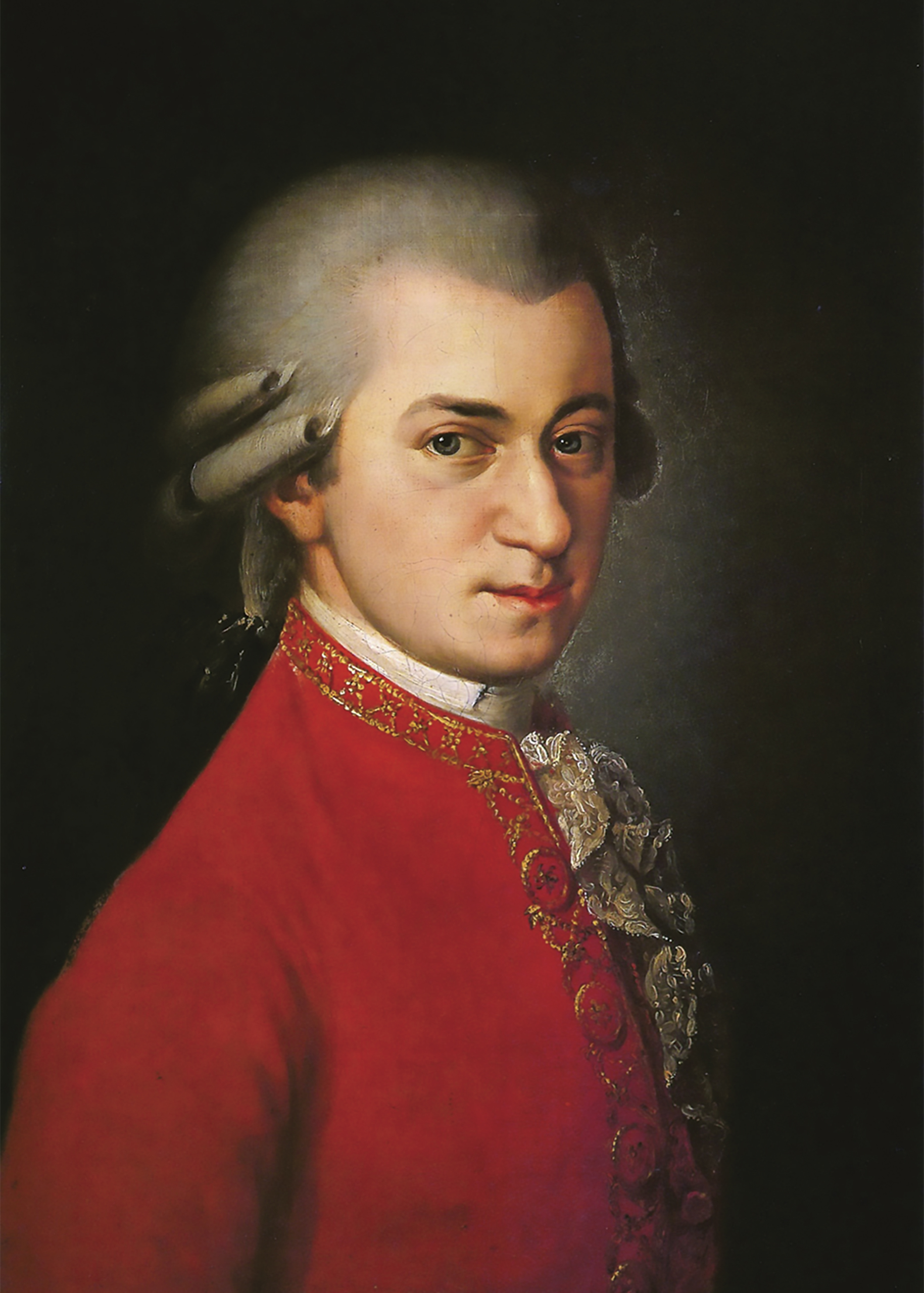Composer | Wolfgang Amadeus Mozart

Wolfgang Amadeus Mozart (1756-1791) was one of the most influential, popular, and prolific composers of the classical period. He composed over 600 works, including some of the most famous and loved pieces of symphonic, chamber, operatic, and choral music. Born in Salzburg to a musical family, from an early age Mozart showed all the signs of a prodigious musical talent. By the age of five he could read and write music, and by the age of six he was writing his first compositions. Mozart was generally considered to be a rare musical genius, though Mozart said that he was diligent in studying other great composers such as Haydn and Bach. During his childhood, he would frequently tour various palaces around Europe playing for distinguished guests. At 17 he accepted a post as a court musician in Salzburg; although this did not suit him very well, the next few years were a time of prolific composition. In 1781 he moved permanently to Vienna, where he stayed for the remainder of his life. Despite his relative fame and renown he struggled to manage his finances and moved between periods of poverty and prosperity. In 1782 he married against the wishes of his family; he had 6 children, but only 2 survived infancy.
There were few branches of music Mozart did not touch. His work spanned from joyful light-hearted pieces to powerful, challenging compositions that touched the human emotion. Mozart was brought up a Roman Catholic and remained a member of the church throughout his life. Some of his greatest works are religious in nature, such as Ave verum corpus and the final Requiem.